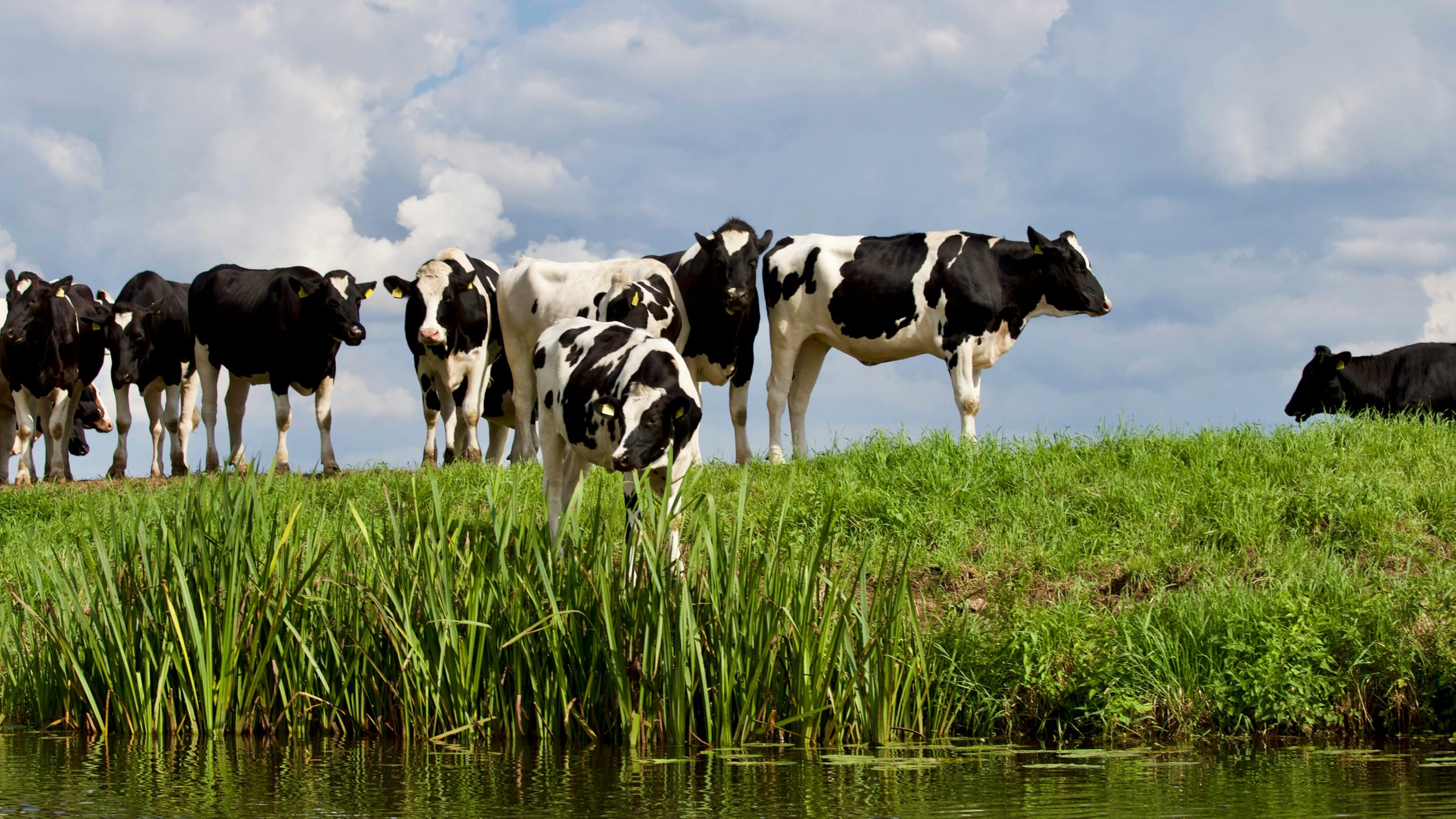
We often write figuratively about climate change since lead EpicentRx therapies, RRx-001 (nibrozetone) and AdAPT-001, “heat up” “cold”, non-immunogenic tumors, that is, they make them more immunogenic and treatment sensitive. However, methane (CH4), a contributor to actual climate change, may also contribute to several gastrointestinal diseases in humans including colon cancer that are associated with positive methane producer status.
One might say that the Swiss-Dutch company, dsm-firmenich, and the US company, Elanco Animal Health, “cow-towed” to the issue of global warming with their development of 3-nitrooxypropanol (3-NOP, Bovaer), a methane inhibitor, which received FDA approval in May 2024.
The two major greenhouse gases (GHGs) from the livestock sector are carbon dioxide (CO2), and methane (CH4). The global warning potential of CH4 is ~28 times higher than that of CO2, which makes it a global concern. Much of the methane that is released comes directly from ruminant animals like cattle, sheep, and goats through burping or eructation. As part of the Global Methane Pledge, launched by the EU and the US, more than 150 governments committed to cut methane emissions 30% by 2030.
Bovaer specifically inhibits methanogens, the microorganisms in a cow’s rumen or stomach that generate methane as a metabolic byproduct. Evidence indicates that the addition of Bovaer to a cow’s daily diet can reduce methane production by about 30% in both dairy and beef cattle. Seaweed similarly blocks methanogens’ enzymatic reactions, but it is logistically challenging to deliver methane-mitigating additives like seaweed and/or Bovaer to grazing cattle.
Compounds derived from seaweed may have anticancer properties, so it is interesting to speculate, extrapolating more broadly, whether methane inhibitors, in general, either directly or indirectly through their effect on the microbiome, may inhibit tumor cell growth.
